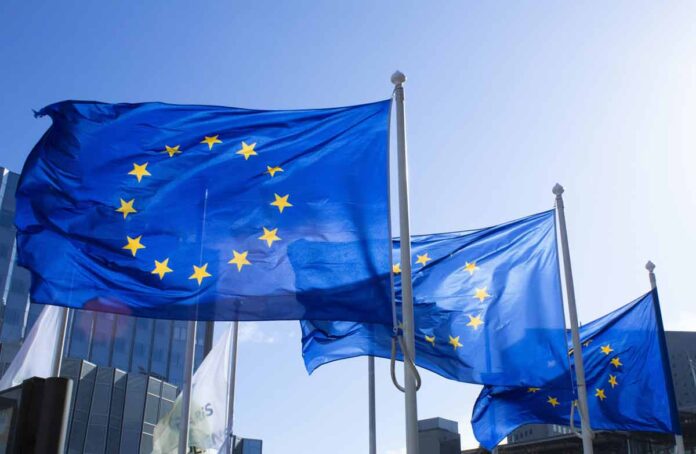The three largest contributors to the European Space Agency, France, Germany, and Italy, announced on Tuesday that they have agreed to ensure the long-term viability of the next-generation Ariane 6 and Vega-C rocket launcher systems.
The countries also reaffirmed a preference for European rockets. The company was forced to show to US agency SpaceX to launch two future scientific missions.
The ministers of space for the ESA’s 22 member states will meet in Paris on Tuesday and Wednesday to determine the organization’s funding for the next three years. There is a 3.2-billion-euro ($3.3-billion) plan for European space launchers high on the agenda.
“The public funding required to equilibrate the Ariane 6 and Vega-C institutional. And commercial exploitation will be reviewed in order to take into account the evolution of market prices, institutional prices, and economic conditions,” said France’s Bruno Le Maire, Germany’s Robert Habeck, and Italy’s Adolfo Urso in a joint ministerial statement.
Russia withdrew its Soyuz rockets in response to European sanctions over Moscow’s conflict in Ukraine earlier this year. The ESA was forced to scramble to find a way to get its missions into space.
Delays to Ariane 6, which is supposed to replace the profitable Ariane 5, have also hurt the company.
The Ariane 6’s first flight was originally scheduled for 2020. But it has now been pushed back to the end of 2023.
The ministers stated that for Ariane 6 and the smaller Vega-C, “the allocation of funding will be commensurate to the commercial risks taken” to ensure their long-term competitiveness.
The three countries also proposed allowing the ESA to use European-made micro and mini-launch systems. These are currently being developed by Germany and France.
According to the assertion, the final decision on a course of action can be reached by December 2023.
He also stated that the declaration acknowledges the countries’ “interdependence in the programmes where they have common interests”. Such as the France-led Ariane 6, Italy-led Vega-C, or Germany’s micro and mini launchers.
The ESA is asking its member countries to contribute 18.5 billion euros over the next three years to fund space programmes. It is more than 25% increase over the previous amount.
Aschbacher informed the ministers that funding the ESA space programmes would provide significant financial benefits to their countries.
The space industry is currently worth around 340 billion euros. He believes it will be worth one trillion euros by 2040.
The budget decision was expected to be announced on Wednesday. It comes amid rising competition from China and other countries, as well as from private firms such as SpaceX.
France’s Finance Minister, Bruno Le Maire, has called for Europe to “be united” in space.
“There is a cost to independence.” If we want to be self-sufficient, we must put money on the table.”

